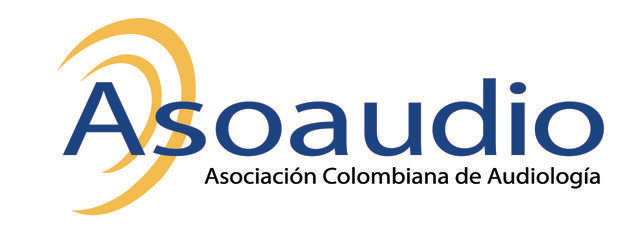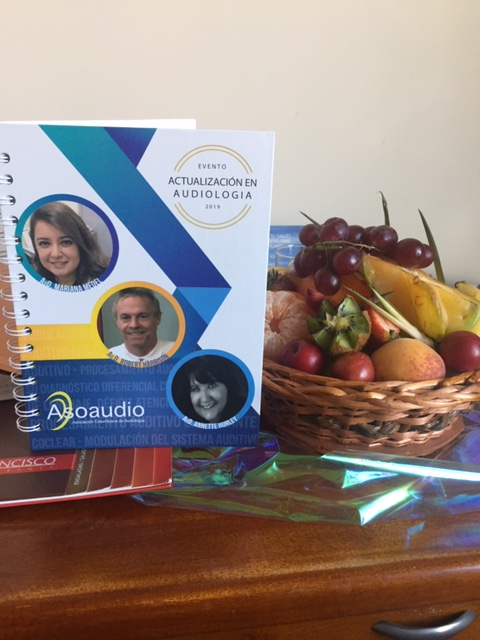Audiology Training at Home and Abroad
Renowned auditory researcher Dr. Robert Harrison brings us up to date on information and research from the Labs. Appropriately titled “From the Labs to the Clinics”, Bob is involved in laboratory and applied/clinical research, including evoked potential and otoacoustic emission studies and behavioural studies of speech and language development in children with cochlear implants. For a little insight into Bob’s interests outside the lab and the clinic, we invite you to climb aboard Bob’s Garden Railway.

It is fascinating to see how audiologists are trained in different countries around the world. What qualifications are needed to practice in different jurisdictions? What is the audiology scope of practice?
We are most familiar with the evolution, over the past few decades in the US, where the AuD has become the standard qualification for clinical audiologists. In Canada we have not (yet) followed suit, and our training programs are basically limited to graduate degrees at the master’s level. In Canada, higher qualifications can be obtained by pursuing a research-based PhD, or by taking additional clinical training at a US university in an “AuD bridge-program.” (I am very familiar with these programs because I teach extensively in such courses offered by SALUS University in the US.)
Before I go any further, I will state my opinion up-front that the actual name of a degree does not necessarily correlate with the standard of training or the “end product”, i.e., the knowledge base and competence of graduating audiologists.
Last week I was an invited guest at the National Meeting of Audiologists in Bogota, Colombia. This was the annual meeting of ASOAUDIO, the Colombian Association of Audiology.

I was treated royally at this conference. My picture made it to the front cover of the conference proceedings book and a huge basket of fruit was awaiting me in the hotel room (hint to future CAA conference organizers).

The meeting was very good training and continuing education for audiologists. There were about 250 attendees. For me it was an opportunity to see first-hand how audiologists are trained in Colombia (and in many other Latin American countries).
For the longest time in Colombia the profession was called “fonoaudiology,” a title that is still used in many Latin American countries. To quote from an official document (so don't take issue with me over the wording):
“Fonoaudiology encompasses speech and language disorders (stuttering, voice, mental retardation, cleft palate, cerebral palsy, articulation, aphasia) and audiology (diagnosis, rehabilitation), and deaf education (including classroom teaching) and learning disabilities (including reading, writing and academic training). In most settings the profession operates independently of medical supervision in and is distinct from physical therapy, occupational therapy, clinical psychology, and special education.”
Clearly the scope of practice for fonoaudiology is quite broad including many aspects of SLP and educational issues.
Of interest, are the training programs. There are few if any graduate programs in Colombia. Fonoaudiology is offered as a 4-year undergraduate program at a number of universities, including the National University in Bogota. This degree is sufficient for professional practice and employment.
At the conference I met up with a few academic leaders who had gained AuD level degrees at American universities, and some of these were involved in clinical research. However there appeared to be little devoted time for basic or applied audiology research.
So, this system of training in Colombia and many other South American counties is quite different from our Canadian model, the US model. And quite distinct from the (mainland) European model (e.g., France, Netherlands, Germany) where audiology is a medical sub-specialty.
The range of audiology training schemes worldwide is fascinating. Presently the US requires a doctoral level (AuD) qualification. Our level-of-entry into practice is a master’s degree, in South America, and many other counties worldwide, an undergraduate degree is the standard.
The course content and the standard of training may or may not be equivalent in these different educational schemes. However, a real problem arises when an audiologist has to move to another country where academic level requirement is different. Thus, Canadian audiologists with a master’s degree will have a hard time getting work in the US, just as many foreign trained audiologists with undergraduate degrees cannot easily qualify to practice in Canada without additional training.
If you find this topic of interest (as I do) you might enjoy some short commentary on this issue by my good friend Jay Hall (a.k.a. James W. Hall III):
https://acaeaccred.org/wp-content/uploads/sites/1543/2016/02/ACAEMayJun15.pdf
Looking at the big international picture, I will give a loud shout-out for our Canadian audiology training schools. Comparing worldwide systems, our educational standards are very high, and the level of audiology research that comes from our academic institutions is world class.

